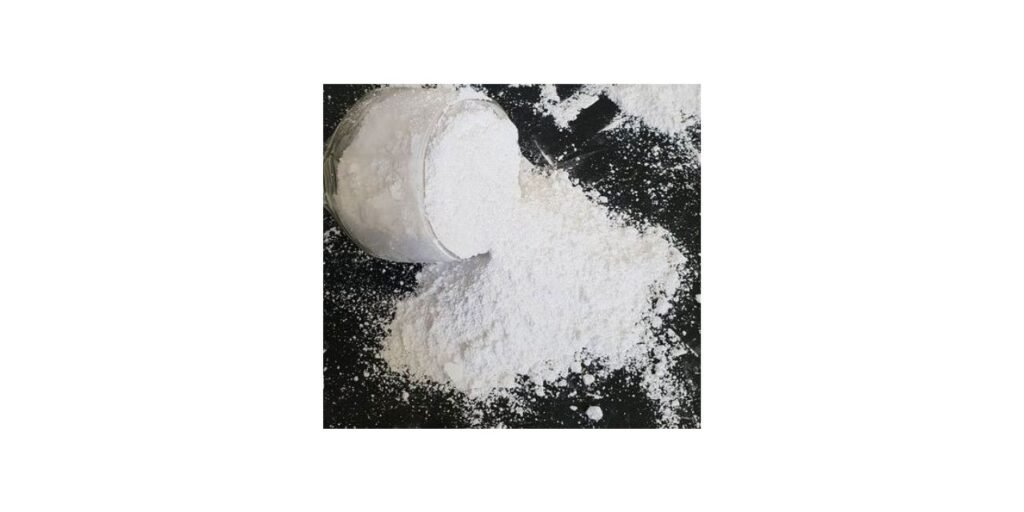
The report “PLGA Market by Composition, Application (Medical, Non-Medical Applications), Processibility (Extrusion, Injection Molding), End-Use Industry (Healthcare, Biotech Firms, Medical Institutions, Packaging, Textile, Agriculture) – Global Forecast to 2030″, is projected to reach USD 321 Million by 2030, at a CAGR of 16.6% from USD 125 Million in 2024. The PLGA market is driven by several factors, including technological advancements, shifting consumer behaviours, favorable economic conditions, expanding applications in various industries, and growing demand. The increasing use of PLGA in various end-use industries, such as healthcare, biotech firms, medical institutions, packaging, textile, and agriculture, is a significant driver for market growth.
Browse
- 180 Market data Tables
- 110 Figures
- 260 Pages and in-depth TOC on “PLGA Market – Global Forecast to 2030”
Some of the prominent key players are:
· Evonik (Germany)
· Corbion NV (Netherlands)
· Ashland (US)
· Mitsui Chemicals (Japan)
· Jinan Digang Bioengineering Co., Ltd. (China)
· Merck (Germany)
· Akina, Inc. (US)
· Nomisma Healthcare Pvt. Ltd. (India)
· Bezwada Biomedical, LLC (US)
· CD Bioparticles (US)
Driver: Government initiatives and regulations
Government initiatives and regulations wield substantial influence over the trajectory of the PLGA market. Regulatory support for biodegradable polymers, notably PLGA, varies globally, impacting market dynamics in significant ways. For instance, countries like Germany and France have implemented stringent regulations favoring eco-friendly materials in packaging. This has propelled the adoption of PLGA in the packaging industry, aligning with environmental directives and creating a demand for sustainable alternatives. In the healthcare sector, the US Food and Drug Administration (FDA) emphasizes the importance of biocompatibility and biodegradability in medical devices. This aligns with the qualities inherent in PLGA, positioning it favorably for use in medical implants and drug delivery systems.
“Medical institutions type Segment type was the second largest segment for PLGA market in 2023, in terms of value.”
Medical institutions represent a vital end-use industry for PLGA (poly (lactic-co-glycolic acid), leveraging its unique properties to drive advancements in healthcare delivery, patient treatment, and medical device innovation. PLGA, renowned for its biodegradability, biocompatibility, and tunable characteristics, serves as a cornerstone material in a multitude of medical applications. From drug delivery systems to tissue engineering scaffolds and implants, PLGA plays a pivotal role in addressing diverse medical challenges. In drug delivery, PLGA facilitates controlled and sustained release of therapeutics, enhancing treatment efficacy, minimizing side effects, and improving patient compliance.
